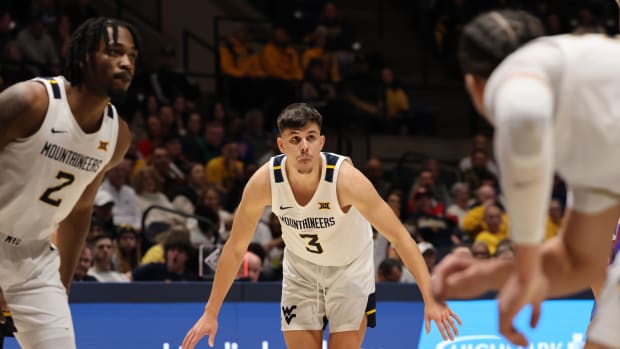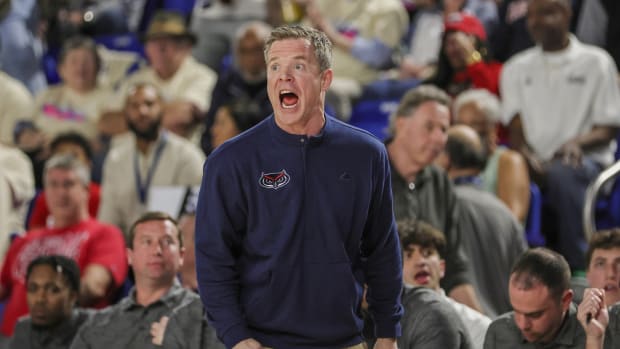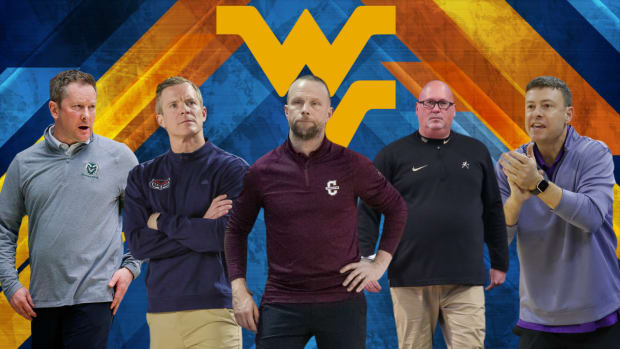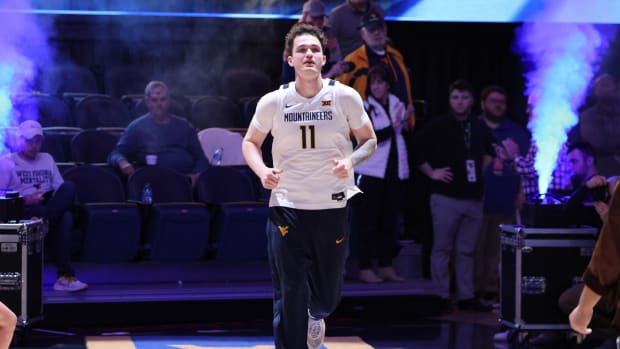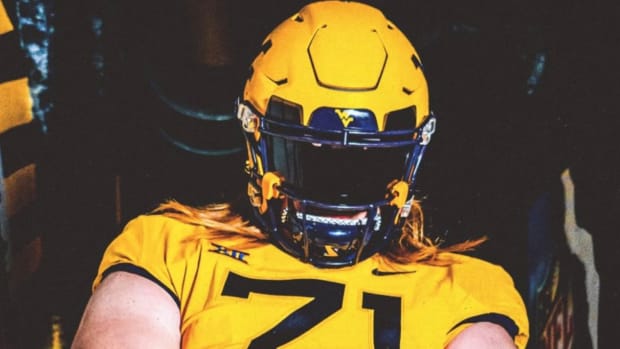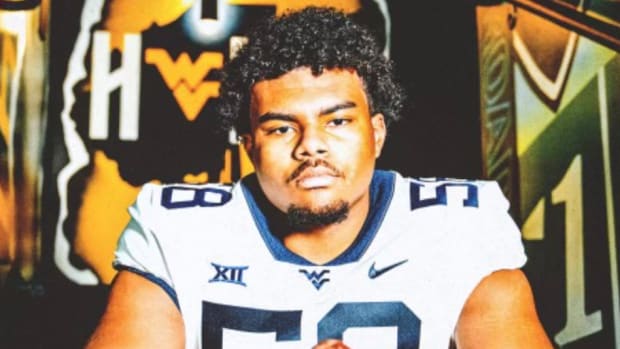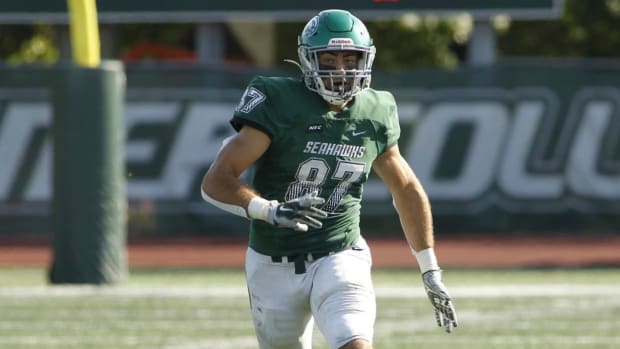The NCAA is Pursuing Change
The NCAA is trying to keep up with the times, albeit a decade or two late, and is striving for dramatic changes to the NCAA Constitution. In a statement made by the NCAA Board of Governors, they will hold a special constitutional convention in November, with action expected to be taken at the NCAA's scheduled Convention in January.
According to the announcement, the purpose is to reimagine aspects of college sports so the Association can more effectively meet the needs of current and future college athletes.
"As the national landscape changes, college sports must also quickly adapt to become more responsive to the needs of college athletes and current member schools," said Jack DeGioia, chair of the Board of Governors and president of Georgetown, in the release by the NCAA. "This effort will position the NCAA to continue providing meaningful opportunities for current college athletes and those for generations to come."
The redrafting of the NCAA constitution will be led by a 22-person Constitution Review Committee, which will feature presidents, commissioners, athletics directors, students from Divisions I, II and III, and independent members of the NCAA Board of Governors.
The committee will be charged with identifying the core principles that define college sports and proposing a new governance model that allows for quicker change without sacrificing broader values.
"This is not about tweaking the model we have now," NCAA President Mark Emmert said. "This is about wholesale transformation so we can set a sustainable course for college sports for decades to come. We need to stay focused on the thing that matters most — helping students be as successful as they can be as both students and athletes."
The committee will also propose a new system of governance and rules enforcement that further contemplates the role of national oversight and places appropriate responsibility at the school and conference levels.
"Under the current structure, expectations for the Association vastly exceed its capabilities," said Dr. Robert Gates, one of five independent members of the Board of Governors and former U.S. Secretary of Defense and former president at Texas A&M. "The NCAA has significant responsibility but little authority to fulfill those responsibilities. The broader Association cannot move quickly. Power is diffuse.
"Until we can better align the mission of the Association with its authority, the NCAA will not be able to play the role it should play in governing college sports. We cannot go on as we are."
Leadership bodies from all three NCAA divisions will be asked to provide nominations for the review committee by Aug 6. From those nominees, the board will appoint the 20 committee members, including university presidents, independent board members, athletics directors, conference commissioners and college athletes.
The Constitutional Review Committee will be appointed in August and immediately begin its work. In November, the committee will submit for membership feedback a working draft of its proposals, which will be discussed at a special virtual convention to be convened no later than Nov. 15. The final proposals will be provided to the NCAA Board of Governors by Dec. 15 and scheduled for votes in January by the full NCAA membership at the Association's National Convention in Indianapolis.
Also, be sure to like us on Facebook & Twitter:
Facebook - @WVUonSI
Twitter - @WVUonSI and Christopher Hall @WVHallBilly

